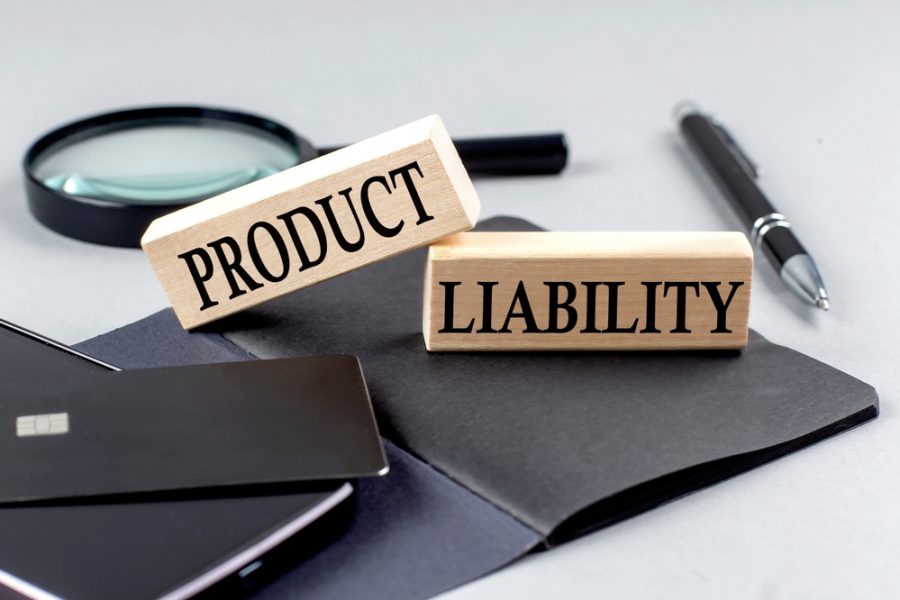What Is A Product Liability Tort?
In the realm of consumer rights and legal liability, product liability torts are a critical concept. They pertain to the legal responsibility that manufacturers, distributors, and retailers bear when their products cause harm to consumers. In this blog post, we’ll delve into the intricacies of product liability torts, shedding light on the legal framework, types of product defects, and the rights of consumers when they encounter dangerous or defective products.
Understanding Product Liability Torts
A product liability tort refers to a civil wrong or harm caused by a defective or dangerous product. These torts are categorized into three main types:
1. Manufacturing Defects
- These occur when a product deviates from its intended design due to errors in the manufacturing process. The defect can be present in a single item or a batch of products.
2. Design Defects
- Design defects involve inherent flaws in a product’s design that make it unreasonably dangerous for its intended use. The defect affects all products of the same design.
3. Marketing Defects
- Marketing defects relate to inadequate warnings, instructions, or advertising that fail to convey potential risks associated with a product’s use.
Consumer Rights and Product Liability
Consumers encountering dangerous or defective products have legal rights and recourse:
1. Strict Liability
- Under strict liability laws, manufacturers, distributors, and sellers can be held responsible for defective products, regardless of their level of care or negligence. The focus is on the product’s condition rather than the defendant’s conduct.
2. Negligence
- Consumers can file a product liability claim based on negligence, alleging that the defendant failed to exercise reasonable care in the design, manufacture, or distribution of the product.
3. Breach of Warranty
- When a product’s warranty is breached, consumers may have a valid product liability claim. This pertains to the failure to meet the promises or guarantees made about the product.
4. Res Ipsa Loquitur
- This legal doctrine may be applied when an accident or injury occurs, suggesting that the product’s defect was the likely cause, even without direct evidence of negligence.
5. Class Action Lawsuits
- When a defective product causes harm to a large group of consumers, class action lawsuits may be initiated to collectively seek compensation and resolution.
6. Compensation for Damages
- Consumers harmed by defective products may be entitled to compensation for medical expenses, lost income, pain and suffering, and more.
The Role of Product Liability Attorneys
Product liability attorneys play a vital role in helping consumers seek justice and compensation when they encounter dangerous or defective products. They assess the case, gather evidence, negotiate with manufacturers or sellers, and, if necessary, represent clients in court.
Product liability torts are a crucial element of consumer protection and legal accountability. They ensure that consumers have legal rights and recourse when they encounter harmful or defective products. By understanding the legal framework and the types of product defects, consumers can make informed decisions and seek the compensation they deserve when faced with unsafe products.

